A New Age of Football - Portsmouth FC Innovates with Hudl
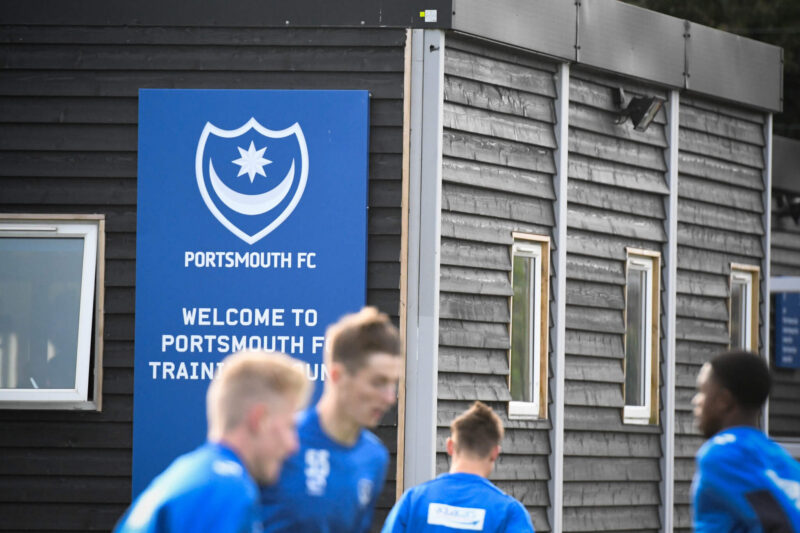

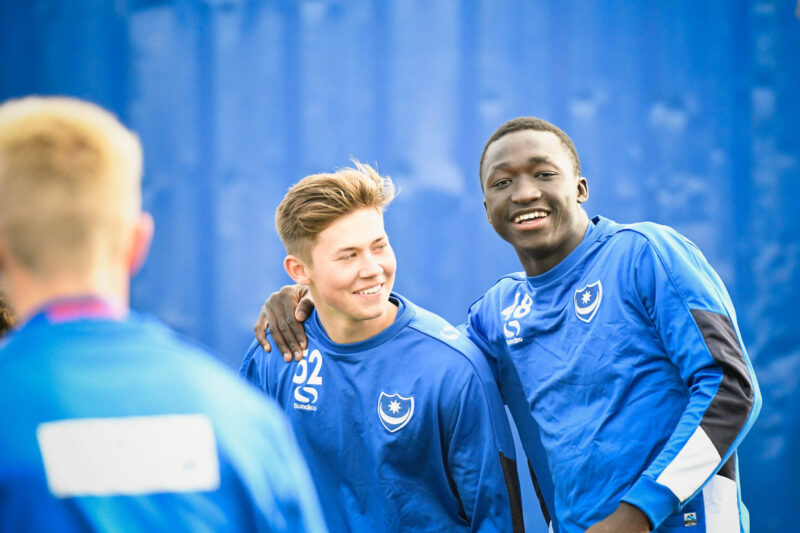
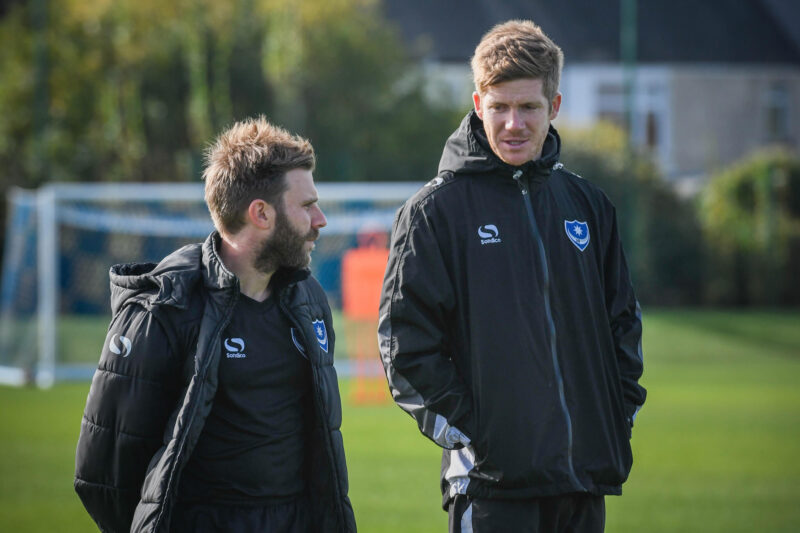
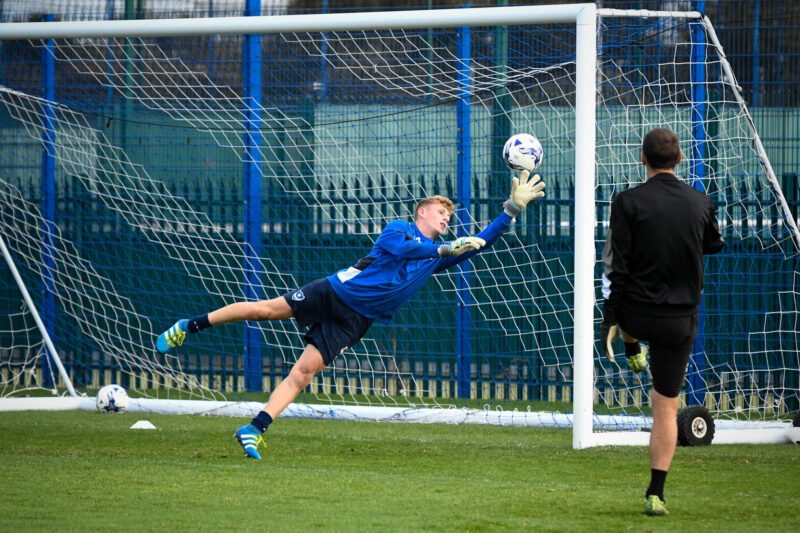
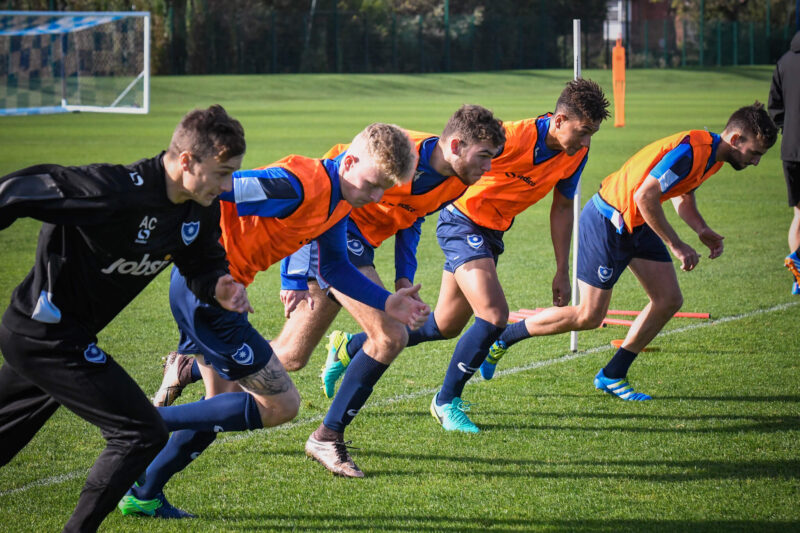
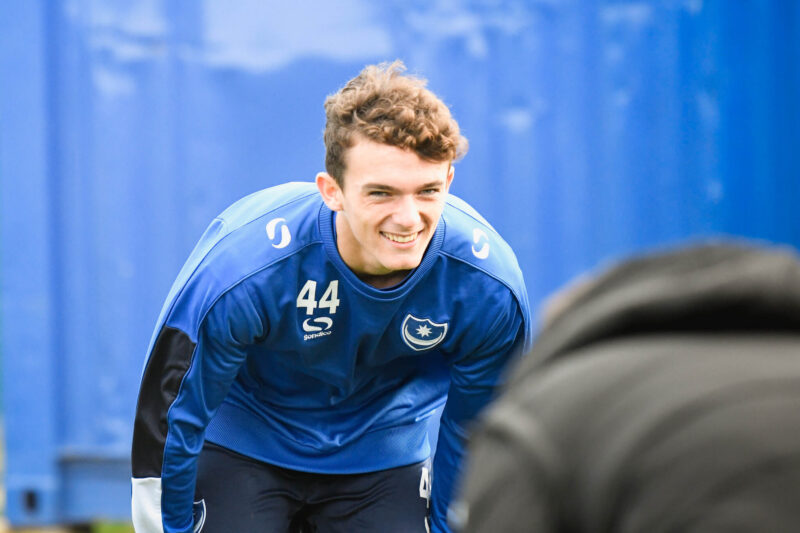
Development Starts Early
For academies across the U.K., fostering and developing young talent is at the forefront of their mission, and it’s no different for Pompey. The basis of their video analysis model, as is the case with most academies, is the Four Corner philosophy. Those fundamentals run through every age level at Portsmouth, starting with their youngest professionals. “What you’re looking to do is to really add detail as they move through the age groups,” said Harris. “So, the philosophy of the academy doesn’t change from the U9-U18. However, the level of detail and information that you go into, and the position specific nature gets more specific as you move to the top end.”
Portsmouth breaks development into three phases that correspond to a player’s age. The foundation phase covers 5-11, while 12-16 is the youth development phase. Harris specifically works at the professional development phase, which is U17-U21.
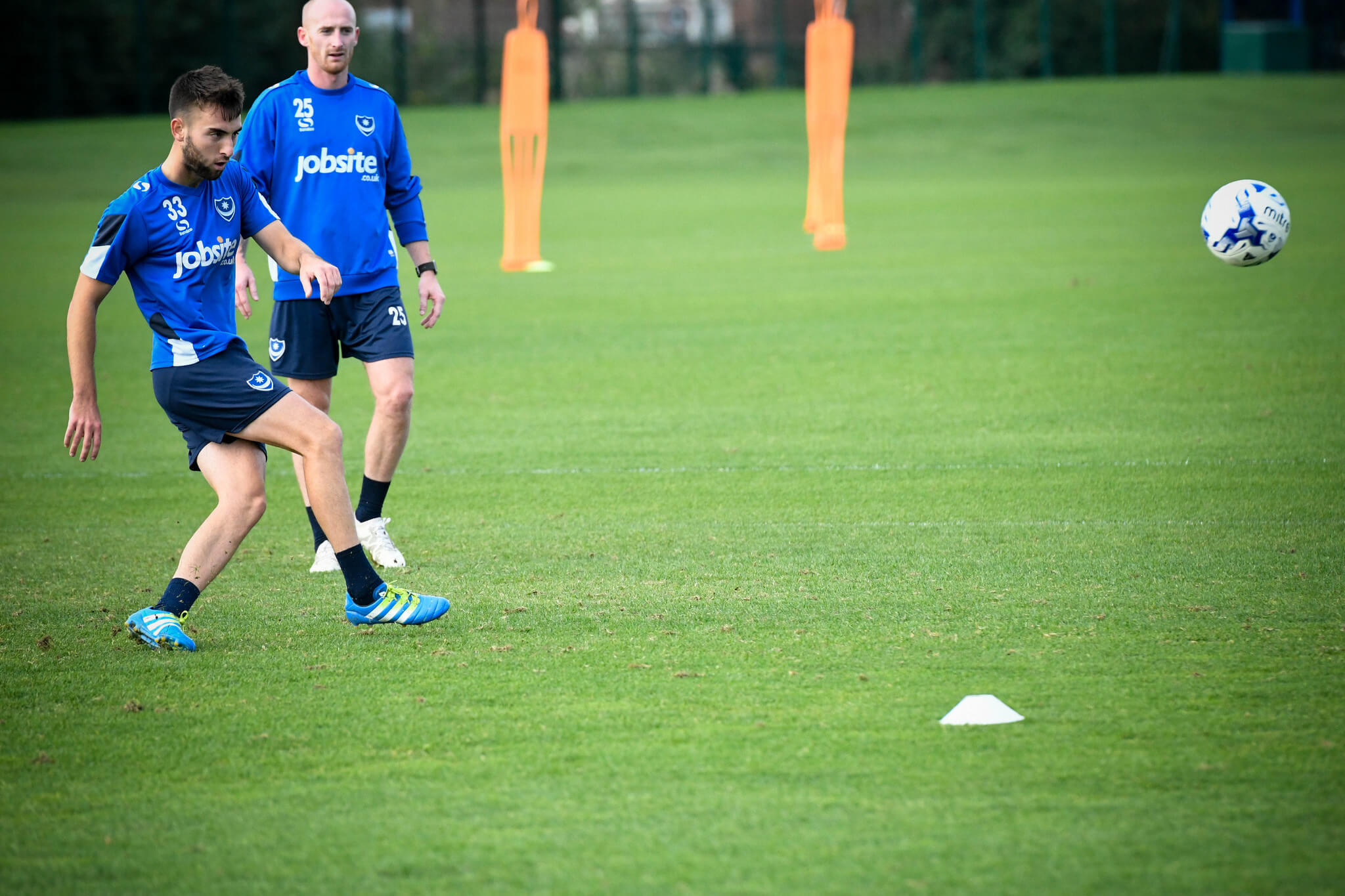
“At the foundation phase, you want it to be fun. You want the kids to enjoy themselves and to learn the game from a basic level. Then as you start to move through the youth development phase, it becomes little bit more serious,” said Harris. “When we get to the professional phase, obviously they’re looking to make a career. That doesn’t mean it’s not fun anymore. We try to keep the sessions and everything that goes with it as fun as possible.”
A significant portion of the work they do is to get their youngsters ready for first-team football. That process is two-fold, from individual development on the pitch to understanding the club’s philosophy in a team environment. “You look to provide competitive opportunities for them, really starting to understand what it is to train to win and what is it to train to develop,” said Harris.
Because they put such a large emphasis on winning matches and developing talent, it can be tricky to balance everything, as Harris added: “You’re looking at individuals within a team environment, but of course for those individuals to be successful, they need to be able to play as a team, they need to have cohesion, they need to be together as a group, and that helps them to move forward.”
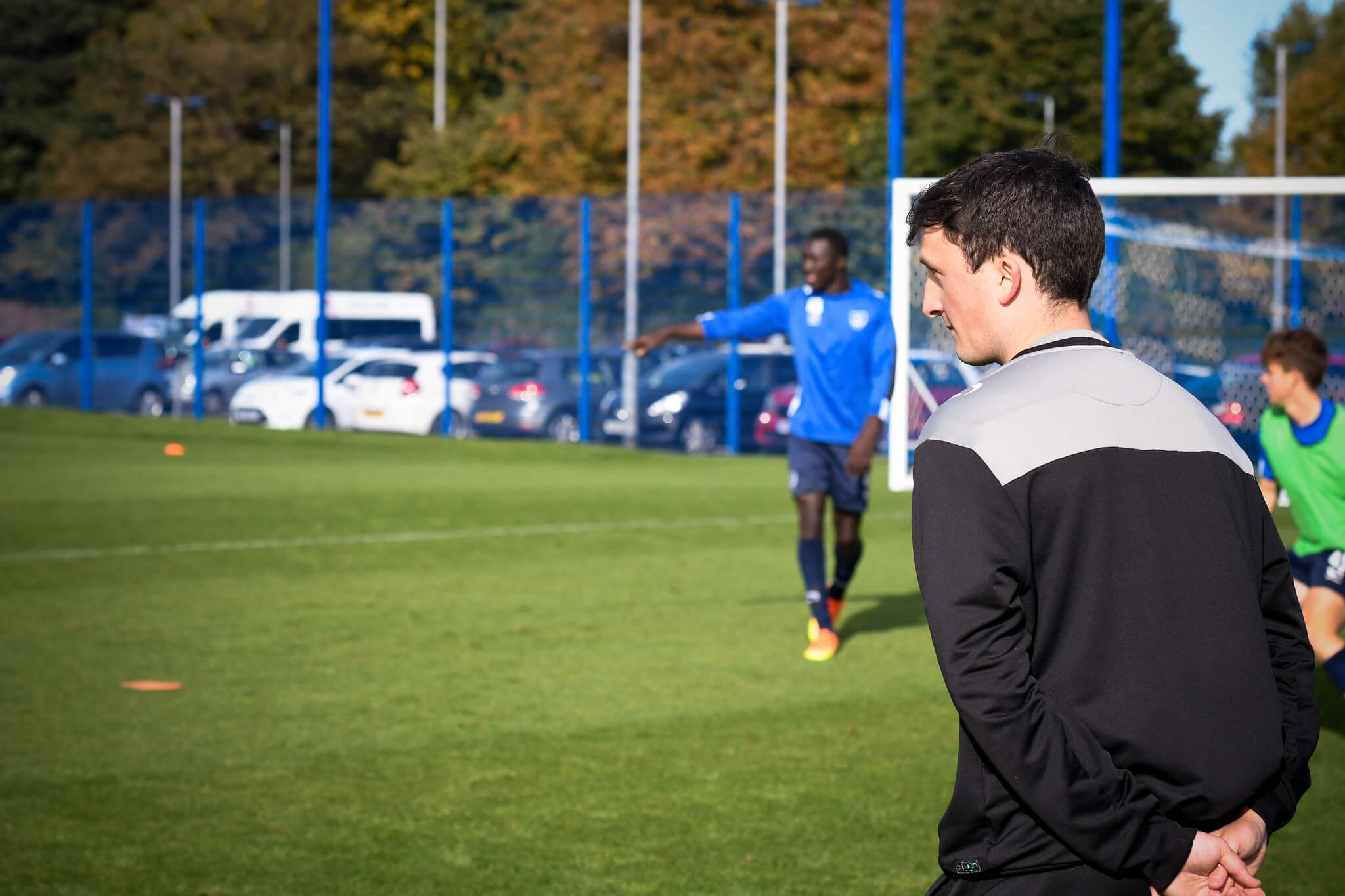
Players Control their Future
The staff put even greater emphasis on self-development - it’s all on the players to take ownership and create a pathway for themselves. “The boys have access to Hudl, and use the [platform] to look at themselves as an individual within the team environment, which I think is important,” said Harris
With the older age groups, video analysis is just another tool they can utilise to take their development to the next level. “I think the key word is ownership,” added Harris. “I always say to the players, ‘You’ll be successful as a professional footballer or you’ll be unsuccessful because of you. Not because of me or any of the staff. It will be because of you.’ [Hudl] really does give them that opportunity to take control, take ownership.
“The access is a big thing. All the players have iPads and iPhones. It’s a different world now. We’re very fortunate at Portsmouth to have a full-time academy analyst. So he’s accessible to the boys in terms of support, not only with the clips, but actually helping them to learn how to use Hudl.”
Each week, the staff takes time to pull together every squad using Hudl for group analysis sessions to go over execution. From there, each player has a playlist with specific moments where they impacted a match. Douglas makes time in his schedule to meet with players individually for as long as they want to go over things. “It’s a massive step. The more you can learn about your own performances, as well as the team, it’s a massive step that they can take to improve their own game,” said Douglas.
From a team perspective, there are specific moments that Harris and his staff look for in matches. “Quite often in the game, I make notes of the time in the game. So if I see something on the day that I feel can benefit the lads, I’ll actually say to one of the staff, ‘Note down the time now,’ so that it makes it easier for the analyst to find it come Monday morning,” said Harris. “Then we can put those clips in to help the individual or the team.”
A Process-Driven Approach
For the entire staff, they emphasis waiting to analyse a match until after you’ve taken time away from the pitch to decompress. “Football is an emotional game. Quite often the result, certainly at the first-team level, can impact your emotions, which can then cloud your interpretation of what’s happened, and then you can end up saying something that might be inaccurate,” said Harris. “I think that really utilising the match analysis aspect of it. Taking that time to cool down after the game whether you’ve won or lost [can make the difference]. Because, again, you could’ve won a game and actually not really been where you want the team to be.
“Whether you’re the first team or an academy, you’ve got to be process-driven. I think that match analysis allows you to review that process and then hopefully the results will follow."
That process-driven approach is what allows the staff to be thorough in their analysis. “However, you’ve really got to know why you’re doing it, and what you’re using it for,” added Harris. “We can all say, ‘Great, we had 65% possession this week.’ Well, okay? Why is that good? What does that look like? What sort of possession is it? How many forward passes were there? Does it link in with your philosophy with your structure as a team?
“Any information that you gather, you must know why you want it and what you’re going to use it for in terms of feedback to the players. Otherwise it’s just information for information’s sake."
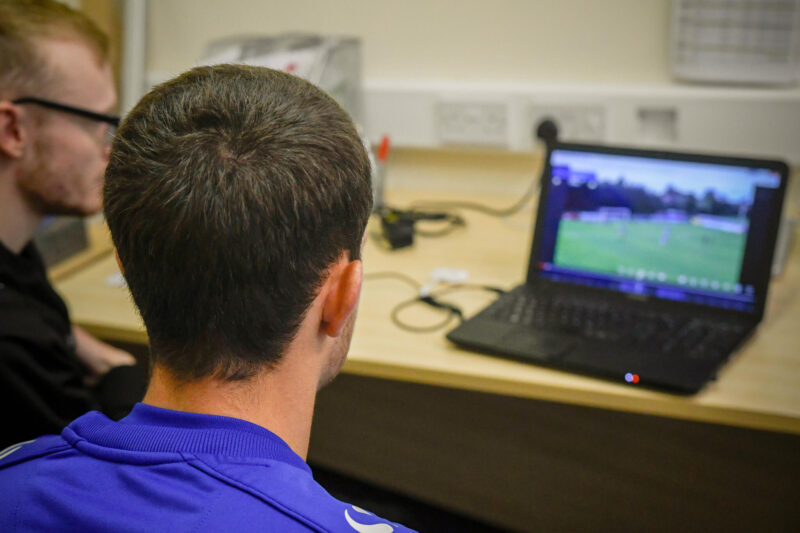
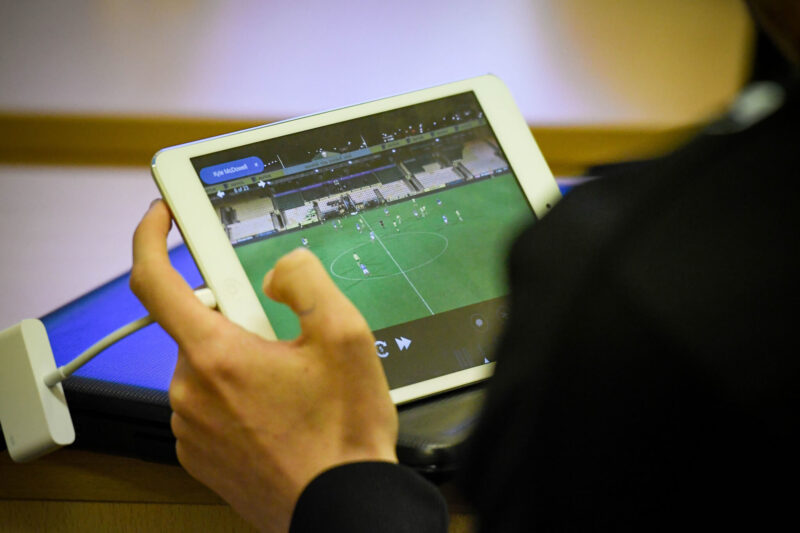
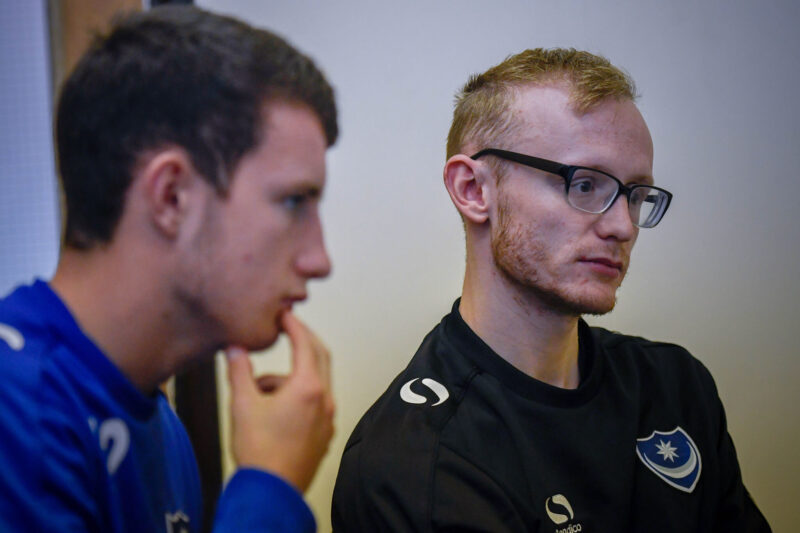
Get more out of Analysis with Hudl
For Douglas, the feedback loops help verify that the work he is doing is not only beneficial to the staff, but the players as well. The hard work he puts in the ensure his analysis is valuable to everyone has only become easier as they have integrated the new tools. “I’ve found Hudl, really, it’s like a breath of fresh air. I think, in terms of analysis, it helps the analyst out because it’s half the job,” said Douglas. “We’ve had players come in saying they’ve watched the clips, saying they’ve watched the games, but they also want to come in and talk about it as well, which is really good.”
The time it saves him is where the real value comes in. “I think a lot of the problem was find a way to share the footage with players. We used to kind of just share the whole game with them online using WeTransfer, and then the only way the players would get their clips is if they came in. Hudl makes that 100% easier,” said Douglas. “It’s literally just upload the game, upload the Gamebreaker XML to Hudl, and it’s done. It’s like 5 jobs in one.”
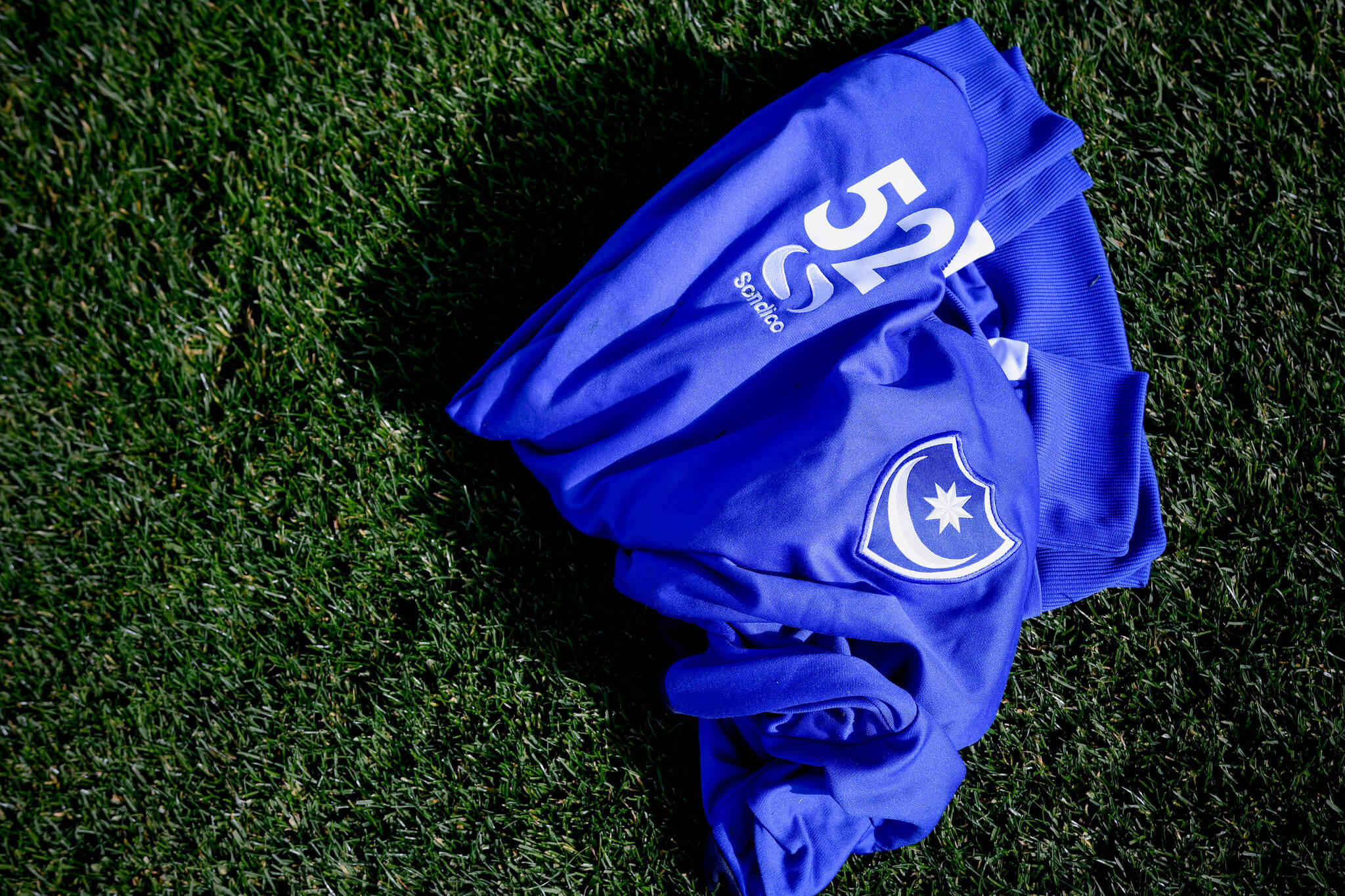
What Does the Future Hold?
For now, the academy’s sole focus on implementing video analysis is with their professional development level players and the first team, but it’s only a matter of time before they start implementing it holistically. The ability to monitor players at every age level, from an engagement standpoint, is key. “From our point of view, it just gives us a really good indication of who really wants to be a professional footballer, and who is willing to put in the work to do that,” said Harris.
Furthermore, the backroom staff at Portsmouth are encouraged by the potential use of video analysis at other academies. “I personally think that there’s going to be a bigger calling for analysis at lower league levels when these [ex-professionals] start to go there,” said Douglas.
“In my opinion, it’s only going to become more prevalent. It’s only going to become more accessible. It’s only going to become more integrated into programs,” added Harris. “It’s important that we as coaches and developers embrace that and utilise it with the players."
As for the younger players, the staff hope to institute video analysis in the near future. “Within the younger age groups, it’s a massive learning tool. I think you get them to watch their own games, and break down their own games, and learn as much as they can. I think that’s massive,” added Douglas.
For now, it’s clear to see that the addition of Hudl has allowed Portsmouth Football Club to take the crucial next step and push on to greater heights.
Click here if you’re interested in learning more about Hudl or Portsmouth FC.